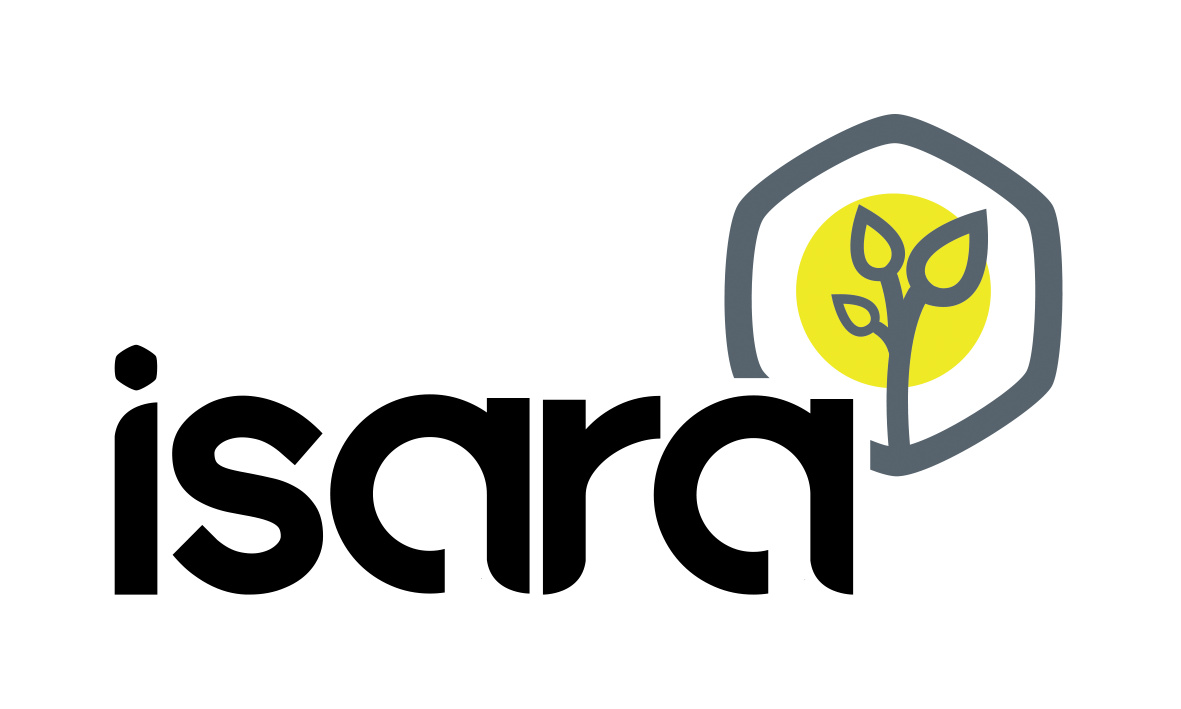Agroecological practices supporting food production and reducing food insecurity in developing countries
Résumé
This report represents the initial effort to structure existing knowledge about agroecology as farming and food system in support of the EC Knowledge Centre on Food and Nutrition Security (https://ec.europa.eu/knowledge4policy/global-food-nutrition-security_en). Scientific literature has been screened on a selection of developing countries in which food and nutrition security and sustainable agriculture represent a focal sector for EU intervention (Benin, Burkina Faso, Cuba, Ethiopia, Ghana, Guatemala, Kenya, Lao PDR, Madagascar, Malawi, Mali, Nicaragua, Niger, Senegal, Tanzania, Togo, Zimbabwe). In total, 172 documents have been synthesised, a country brief has been prepared for each investigated country, and some general conclusions have been drawn. Overall, the majority of analysed publications focuses on small scale, extensive farming systems that produce food at subsistence levels and for sale on local markets. This includes smallholder farming producing staple crops (millet, sorghum, yam, etc.) or vegetable gardening for local markets. The agroecological practices that are mostly studied are: agroforestry, intercropping (or mixed cropping), introduction of legumes in rotations, soil and water conservation practices (mulching, return of crop residues, zaï holes etc.), use of animal manure, biocontrol methods to mitigate chemical pesticide use. At least 50% of the analysed papers report a positive contribution of agroecological practices to food security, mostly due to improved yields and/or a better economic situation of producers. The improvement of soil quality is key to improve yields and consequently income and food security; this can be achieved using various practices including the use of residue mulch from tree leaves in agroforestry, as well as crop mixtures or intercropping and longer more diversified crop rotations. Moreover, higher on-farm crop species diversity often results in more diversified diets. Diversified crop systems, including the introduction of agroforestry, improve household nutritional status and have positive links to better health conditions. On the other hand, the lack of access to inputs is an important limitation to the improvement of soil fertility (manure, mineral fertilizer, leaf litter, etc.), which remains a major hindrance for food security. The agroecological cultivation of cash crops, post-harvest practices and crop-livestock integration were overall lacking in the scientific analyses, as well as the assessments of fully agroecological systems compared to individual agroecological practices or groups of practices. The report identifies three factors required for the substantial development of agroecology at the farm level: more financial support from the government, greater scientific knowledge on novel agroecological practices, and a higher market value for agroecological products.
Domaines
Sciences agricoles| Origine | Fichiers éditeurs autorisés sur une archive ouverte |
|---|




